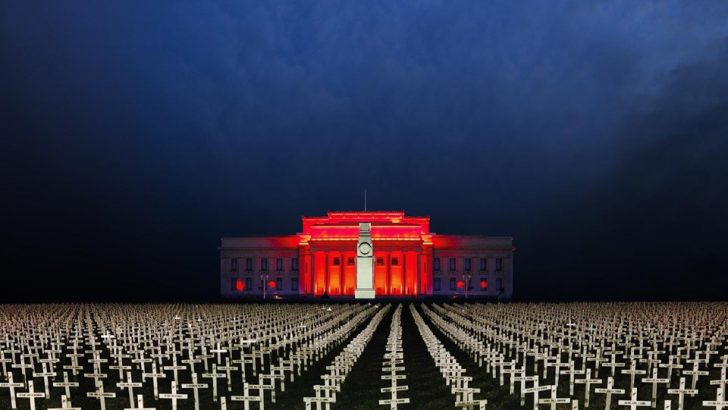The World of Books by the books editor
This weekend the world will mark, in different ways, the centenary of the armistice that brought the fighting in the Great War, otherwise ‘the war to end all wars’, at the 11th hour of the 11th day of the 11th month 1918.
These commemorations of the dead, wherever they are held, are worthy of respect. But commemoration is insufficient tribute to the millions slain in those four years of conflict.
The only true commemoration would be a world totally at peace; but the Great War did not achieve that, nor did World War II, the Indo-China war, the Korean War and whatever wars since and still ongoing which we can name.
In commemorating the dead, we should also pass a judgement on those leaders on all sides whose ambition and stubbornness, whose nationalism and self-righteous, sent them to their death. ‘Lions lead by donkeys’ was the comment attributed to a German general on the British Expeditionary force. The lions died – the donkeys, alas, are still with us.
The Great War was indeed a world war, but it was not the first. The Great War more truly was the first truly industrialised war.
The leaders were careful in the wars that followed that fewer soldiers would die. This was achieved by simply killing more civilians – supposedly a war crime by today’s laws. This was done by improving aerial and long distance war and reducing personal conflict.
Memoirs
Aerial war introduced in the Great War advanced in the British and Italian colonies, and improved by the Germans in the Spanish civil war, so that in World War II such events as the blitzing of British and Irish industrial cities, the bombing of Dresden, and the annihilation of Hiroshima and Nagasaki could be achieved. The record of war since is common knowledge, civilians still die, leaders live to write their memoirs.
The records of the Great War include some of the finest books, poems and paintings of the 20th Century. The literature of the war was not an immediate creation. The post-war depression, the brief 1920s boom, the crash of 1929: these were followed by memories turning back to the war. That year saw the publication of Robert Graves’ Goodbye to All That. His poems and the poems and books of Siegfried Sassoon, Wilfred Owen, Isaac Rosenberg; the novels of Henry Williamson, Remarque, Barbusse followed.
All these, and their counterparts in Germany the Balkans, and Italy record the horrors of the war front and the desolation the authors felt. In Russia (as in Ireland and Germany) the experience of war merged with the experience of revolution – an era recalled in Solzinitsyn’s 1914, an epic panoramic novel, and Pasternak’s Doctor Zhivago.
We should not overlook the involvement too of Africa and the Pacific in the war. The German colonies there were seized in expectation of a new era of Empire. The Japanese, then one of the allied powers, managed to take over the Carolinas and the Marshall Islands stretched out across the Pacific, from which in 1942 they would launch the attack on Pearl Harbour.
So one war begat another war, for the unjust settlement of the Great War led very directly to the events and attitudes that went to the making of World War II.
The laments of the artist, writers and poets remain as a precent, imperishable memorials to dead comrades, lost friends, shattered ideals. The great powers did not wish to curtail their ambitions. Worse still, war has never ceased since 1918. Indeed in Ireland war began the next year and went on for eight years.
War has become yet more industrialised. Now efficient military leaders can destroy complete cities, eliminate entire communities, maim whole countries.
Certainly the quiet end to the Great War should be marked. But it should not become, given the state of the present world and the sabre rattling that is a constant feature of our lives, a sentimental occasion.
The hard truth is: peace is hard to maintain – the ‘others’ are always to blame. Christians are urged by their gospel beliefs to stand for peace; yet again and again people of faith move to war, but still can sleep at night.


 Peter Costello
Peter Costello
